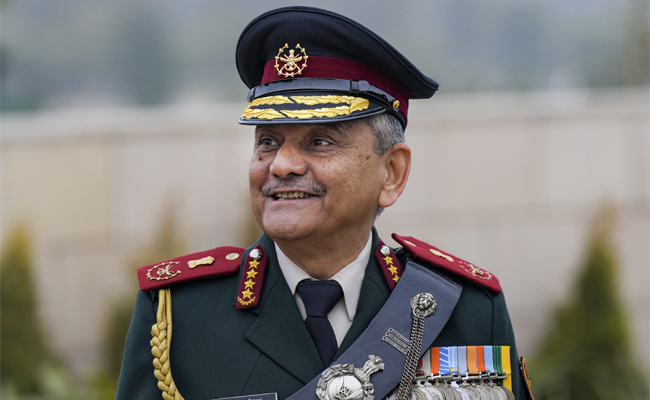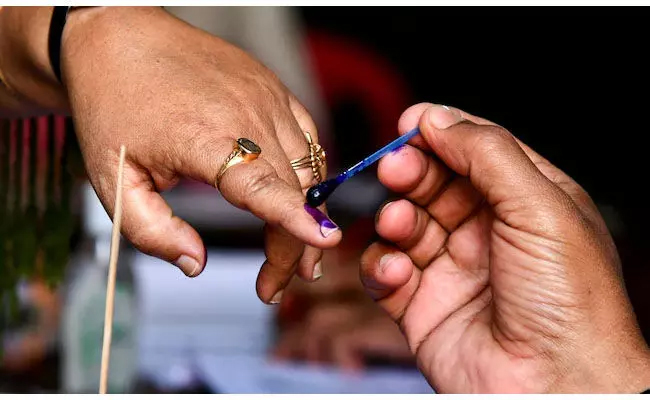New Delhi: The National Democratic Alliance (NDA) has won the confidence of the Indian electorate for the third consecutive time in the 2024 Lok Sabha elections. Prime Minister Narendra Modi expressed his gratitude and outlined his commitment to fulfilling the aspirations of the nation in his first reaction following the vote count.
As the results stand, the BJP-led NDA has secured a majority with victories or leads in 295 seats, surpassing the 272-seat threshold required to form the government. The opposition coalition, INDIA alliance, is trailing with wins or leads in 235 seats. Despite the clear lead, there remains some uncertainty over the formation of the government as alliance partners deliberate on their future course.
Addressing the nation, PM Modi described this moment as unprecedented in India's democratic history. "The people of the country have expressed their trust in the NDA for the third consecutive time. This is an unprecedented moment in the history of India," he stated.
He extended heartfelt thanks to the nation for their continued support, likening the support to familial love and blessings. "I thank my family for this love and blessings," he said, emphasizing the close bond between the government and the citizens.
Assuring the country of his commitment, PM Modi promised to lead with renewed vigor. "I assure the countrymen that to fulfill their aspirations, we will move forward with new energy, new enthusiasm, and new resolves," he pledged.
The Prime Minister also expressed appreciation for the dedication and tireless efforts of party workers. "I express my heartfelt gratitude and congratulations to all the workers for their dedication and tireless hard work," he said, acknowledging their role in the electoral success.
देश की जनता-जनार्दन ने एनडीए पर लगातार तीसरी बार अपना विश्वास जताया है।
— Narendra Modi (@narendramodi) June 4, 2024
भारत के इतिहास में ये एक अभूतपूर्व पल है।
मैं इस स्नेह और आशीर्वाद के लिए अपने परिवारजनों को नमन करता हूं।
मैं देशवासियों को विश्वास दिलाता हूं कि उनकी आकांक्षाओं को पूरा करने के लिए हम नई ऊर्जा, नई…
Let the Truth be known. If you read VB and like VB, please be a VB Supporter and Help us deliver the Truth to one and all.
Thane (PTI): Authorities have seized illegally stored 1,839 gas cylinders and seven vehicles worth over Rs 67 lakh in the Dombivli MIDC area of Thane district, officials said on Saturday.
A special vigilance team of the Mumbai Rationing Department detected an illegal storage of domestic and commercial LPG cylinders in Phase-2 of Dombivli (East).
Cylinders belonging to multiple gas agencies were found stockpiled in closed vehicles, unauthorised warehouses, and open sheds without mandatory permissions from the Explosives Department, Fire Department, or oil companies, according to an official release.





